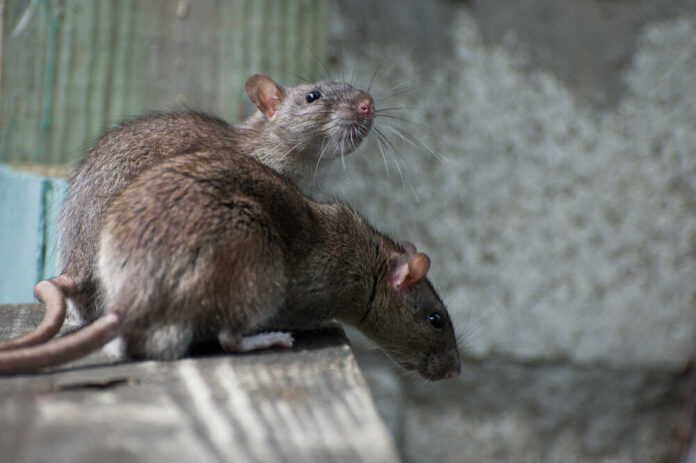
(TheRedAlertNews.com) – In a shameful development for one of the most popular store chains nationwide, Family Dollar has entered a guilty plea, admitting it had stored goods in a warehouse infested with rats and mice – and has agreed to pay a very hefty penalty worth tens of millions of dollars.
The DOJ issued a statement detailing how Family Dollar Stores LLC mishandled various items such as food, drugs, medical devices, and cosmetics at its distribution center located in West Memphis, Arkansas.
By entering a guilty plea, the company acknowledged its failure to adhere to public health standards due to storing consumer goods in a facility overrun by a rodent infestation.
Acting Associate Attorney General Benjamin Mizer emphasized the expectation of consumers for clean and uncontaminated conditions for food and drugs.
“When consumers go to the store, they have the right to expect that the food and drugs on the shelves have been kept in clean, uncontaminated conditions,” he stated, cited by The Daily Caller.
As part of the plea agreement, Family Dollar must pay a groundbreaking penalty of $41.675 million—the highest financial punishment ever imposed in a criminal case concerning food safety.
The federal court found the retailer guilty of a misdemeanor charge for allowing the contamination of products regulated by the FDA in conditions that were unsanitary.
Jonathan Ross, U.S. Attorney for the Eastern District of Arkansas, said he was shocked over Family Dollar’s conscious decision to distribute products despite being aware of the rodent problem
The guilty plea by Family Dollar revealed that its Arkansas distribution center had dispatched contaminated FDA-regulated goods to over 400 stores in several states, including Alabama, Arkansas, Louisiana, Mississippi, Missouri, and Tennessee.
Despite receiving pest-related complaints as early as August 2020, the company did not halt operations until a critical FDA inspection in January 2022 led to an extensive recall of the impacted products.
The FDA’s inspection uncovered the presence of both live and deceased rodents, indications of their decay, as well as rodent droppings, urine, foul odors, and evidence of nesting within the facility.
After this inspection, the distribution center underwent fumigation, a measure that eradicated approximately 1,270 rodents, as per the plea agreement.














